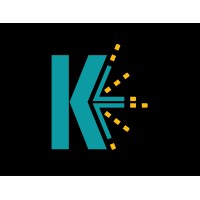
Spark Insight Partners
Spark Policy Institute develops innovative, research-based approaches to help our partners solve complex societal problems that defy easy solutions. Since 2004, Spark has been a national leader in using community engagement, fiscal integration, evaluation in messy settings and real-time strategic learning to address some of the most challenging policy issues throughout the country and in its home state of Colorado. The Spark team brings many other skills to bear when to help solve complex problems, including facilitation, community engagement, consumer leadership development, applied research, policy development and more to help policymakers, communities and advocates to do good, even better. Spark Policy Institute created the Spark Learning model of strategic learning, a tool for organizations focused on the public good to steadily improve their outcomes. Spark is also the developer of tools and templates to assist non-profit and local government organizations to blend and braid multiple funding streams. In addition to ensuring accessible, useful work products, we specialize in non-traditional strategies, particularly with organizations who are innovators and whose approaches adapt over time. Our services are participatory, engaging you and your community partners in the process every step of the way, from small successes to big policy wins.






